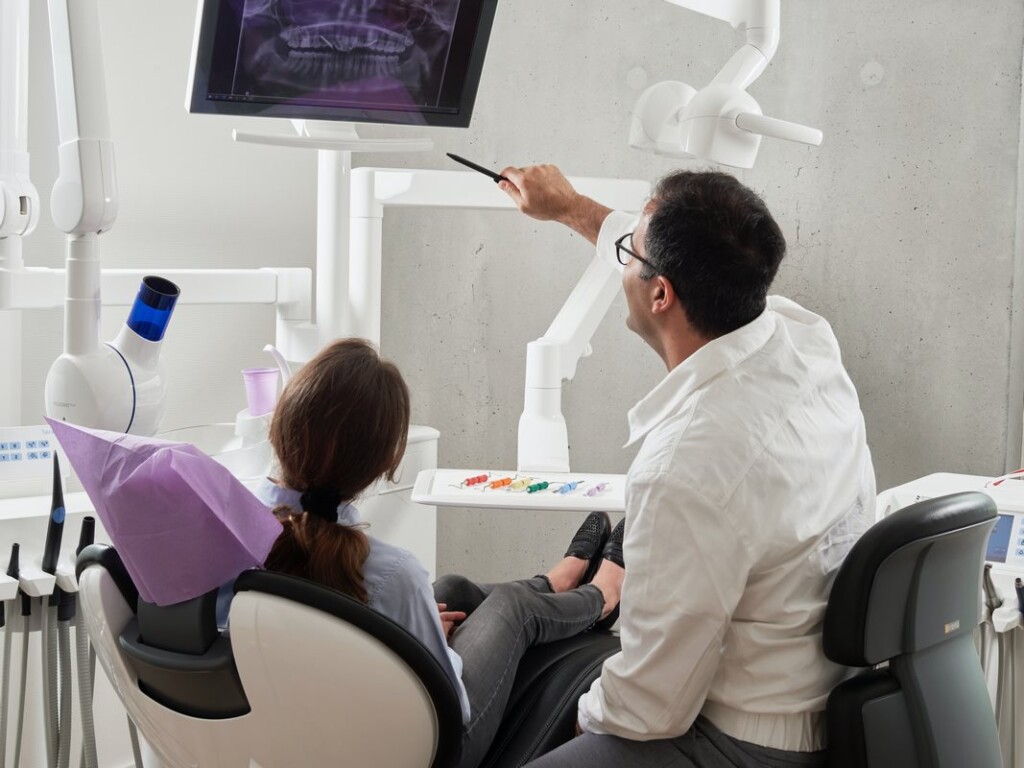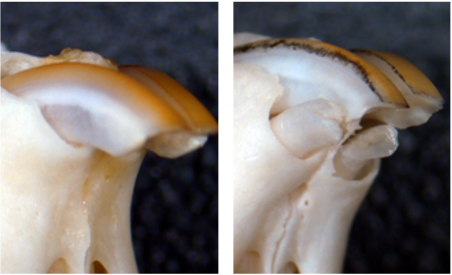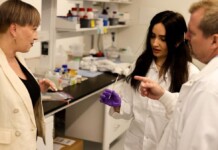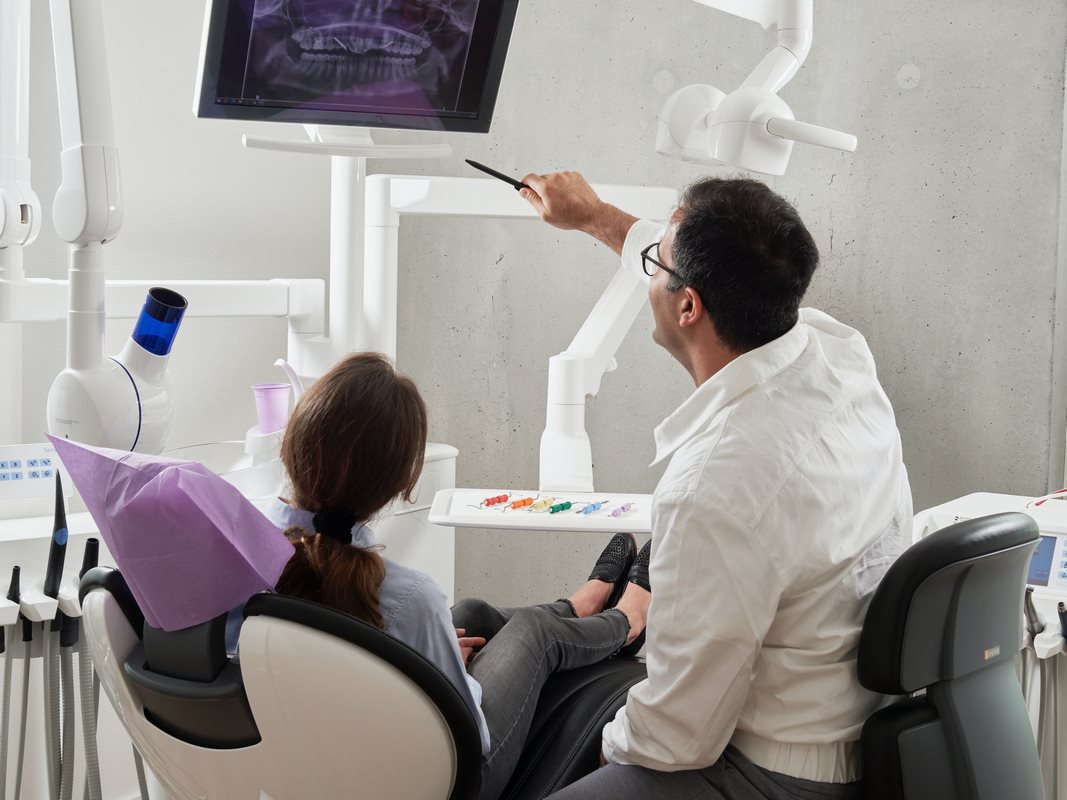
A drug showing promise in animal trials could provide the world’s first method to regrow human teeth, or create normal tooth development in children with congenital anodontia.
The breakthrough came from the identification of a gene-protein interaction in mice that resulted in the growth of fewer teeth. An antibody medicine that inhibited the protein’s ability to function caused teeth to grow in both mice and ferrets who were born with improper tooth formation.
The breakthrough was made by Katsu Takahashi, who studied advanced dentistry at Kyoto University as part of his post-graduate studies, and more besides in the United States.
“The idea of growing new teeth is every dentist’s dream. I’ve been working on this since I was a graduate student. I was confident I’d be able to make it happen,” Mr. Takahashi said.
Anodontia is a congenital condition present in about 1% of the population that impedes the development of teeth. About 10% of those patients have oligodontia, in which they lack 6 or more natural teeth.
Around 2005, and upon Takahashi’s return to Japan, literature began being published that pinpointed certain genes in mice that when deleted caused them to grow fewer or more teeth.

Investigating the latter, Takahashi found that this gene synthesized its own protein called USAG-1, and that when he targeted it with a neutralizing antibody, the mouse’s teeth proceeded to grow like normal.
MORE DENTAL SCIENCE: These Micro-robots Can Clean Teeth By Shapeshifting into Toothbrush or Floss Forms
“Ferrets are diphyodont animals with similar dental patterns to humans. Our next plan is to test the antibodies on other animals such as pigs and dogs,” Takahashi told Kyoto University press.
Published in 2021, he is now leading the way to get the drug ready for use in humans. Our species, unlike many others can Earth, can’t regrow teeth constantly, and the regrowth of a third tooth at the loss of our adult teeth would revolutionize dentistry.
SHARE This True Breakthrough With Your Friends In Need Of A Tooth…




















